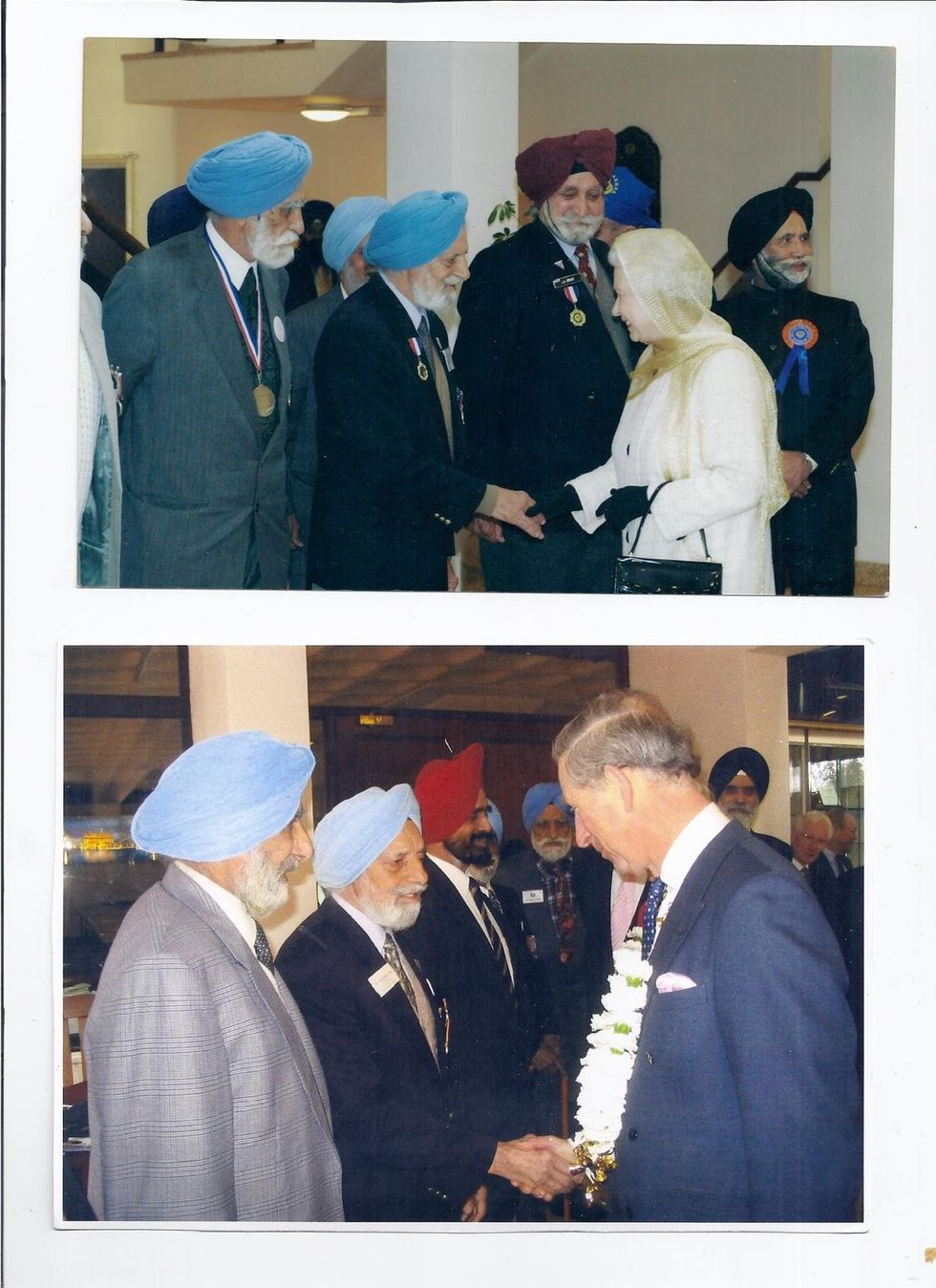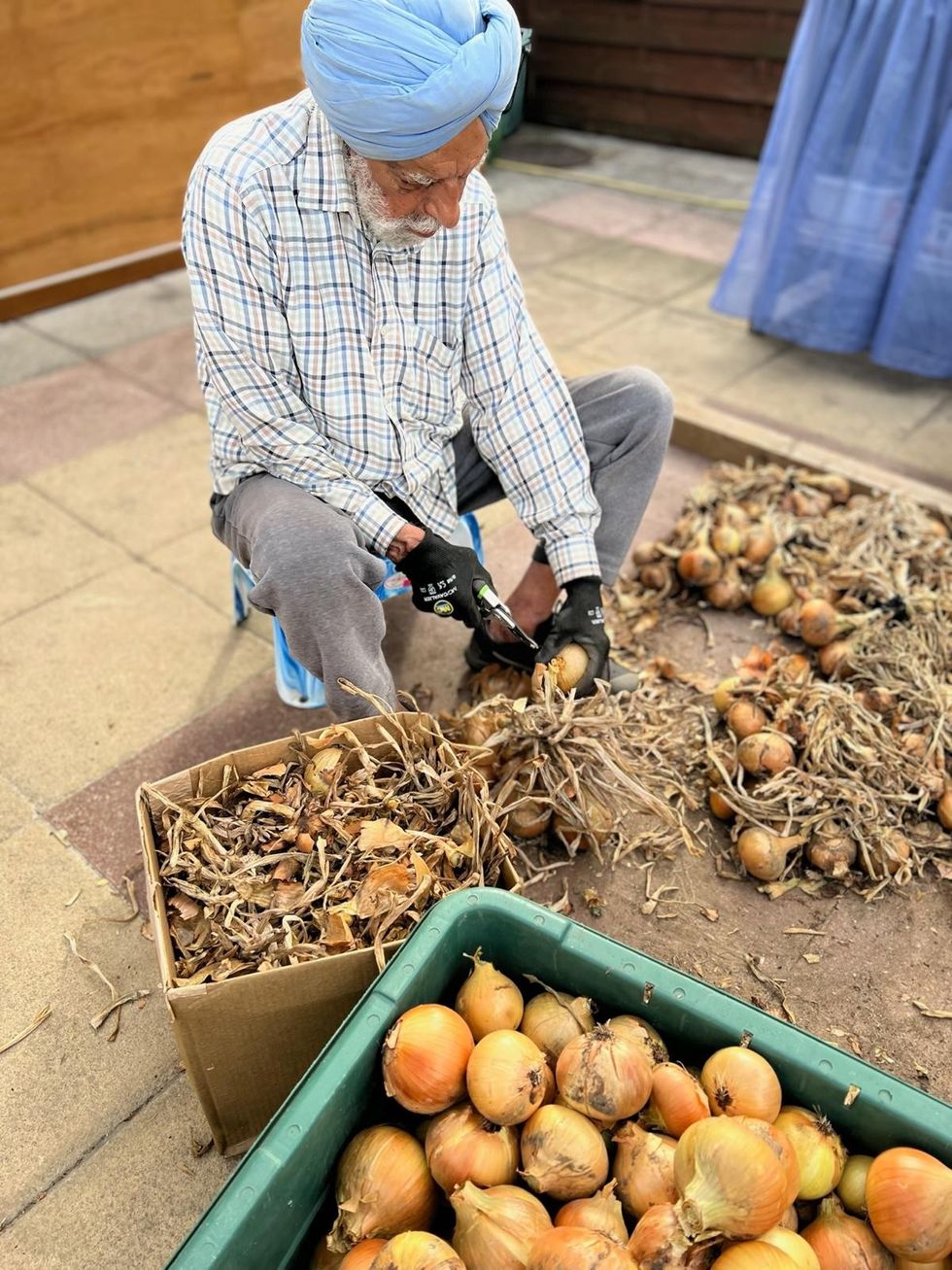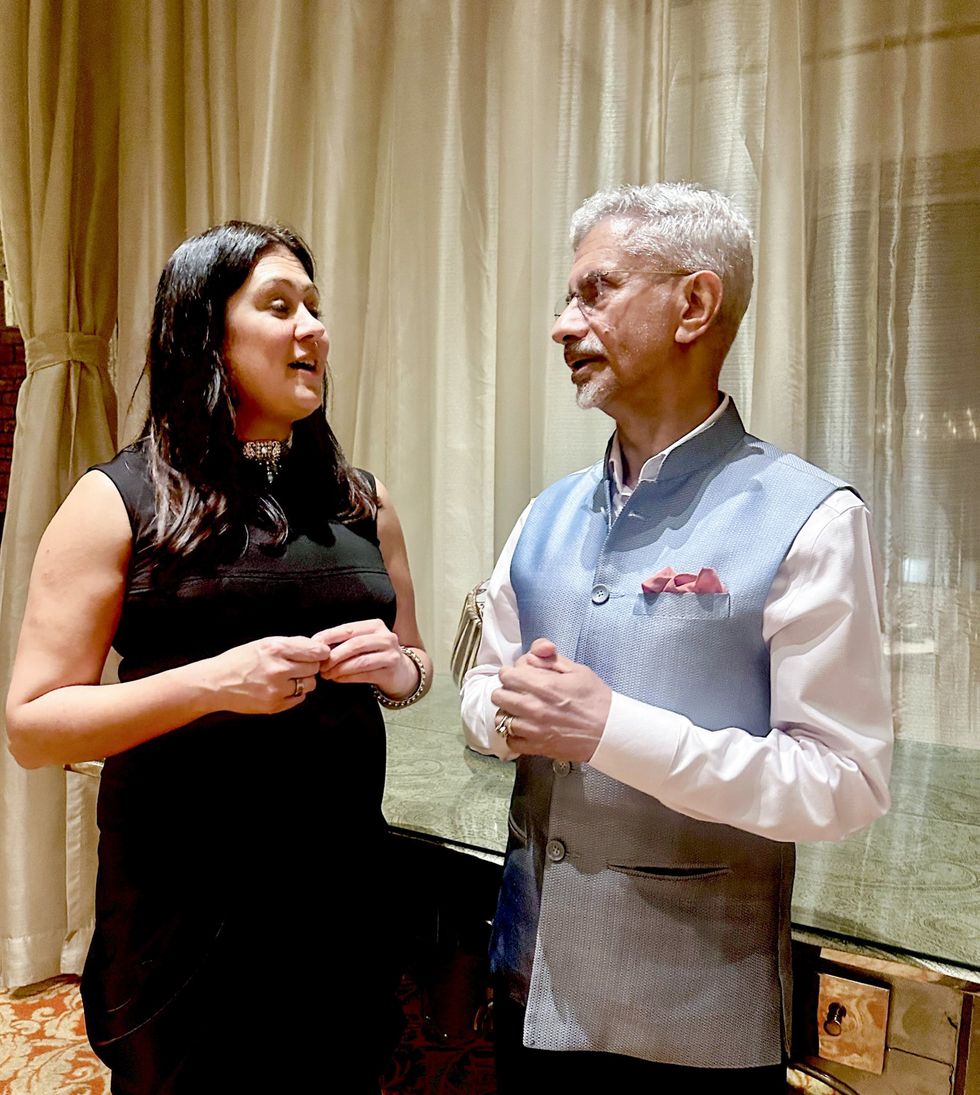by NADEEM BADSHAH
MIGRANTS WARY OF SEEKING HELP DUE TO SAFETY FEARS
HOMELESS migrants are sleeping in airports and shopping centres due to fears about their safety as well as to avoid being recognised, making it less likely they will receive help, charities said.
Campaigners say the growing problem of “hidden homelessness” makes it difficult for vulnerable people to be spotted and provided with food, clothing and urgent medical attention.
Men from India and Pakistan have been spotted sleeping in a fenced-off area in the Stratford Centre in London, which lies opposite the Westfield mall and is a route to the Queen Elizabeth Olympic Park. Around 100 people are staying inside the shopping centre every night to avoid being attacked or robbed, which they risk if they sleep outdoors.
The Thames Reach charity said it found that 20 per cent of rough sleepers at Heathrow Airport were women, compared with 10-15 per cent in the rest of the capital.
Kristian Draper, area director at Thames Reach, said they are recruiting a team of outreach workers to carry out four night shifts and run two drop-in surgeries each week at Heathrow.
Draper told Eastern Eye: “Airports are a safe, warm environments with many facilities on offer, making them an appealing place to sleep rough.
“People we find rough sleeping in airports are often hiding from services or feel the need for a safer environment than the streets.
“After initially struggling to locate rough sleepers and persuade them to leave the airport for more suitable accommodation, we found ways of working that allowed us to start successfully moving people away from rough sleeping.”
Since 2010, the number of people sleeping rough in England has risen by 169 per cent, according to charity St Mungo’s. There are now an estimated 236,000 homeless people in Britain based on a study by Heriot-Watt University in Scotland.
Bea Orchard, St Mungo’s head of policy, campaigns and research, said: “Over that time, the number of people dying on the streets has also increased. People of whatever nationality need to be able to access help and support, so they can move away from homelessness and on with their lives.”
The campaign group Shelter said one in 25 people in Newham in east London is homeless, the highest rate in Britain, which includes squatting in a property or staying with friends temporarily.
The rough sleeping rate in Newham has trebled since 2010 and last year, more than 1,300 people were added to its homeless register. The borough’s new mayor, Rokhsana Fiaz, has pledged housing will be her “number one priority”.
Preet Kaur Gill, Labour MP for Birmingham Edgbaston, said it was “nothing short of a national disgrace that tonight thousands of people will sleep rough in doorways and on park benches.”
She told Eastern Eye: “There will also be many thousands more stuck in hostels and temporary accommodation, without a home to call their own.
“The hidden homeless are vulnerable people from a variety of backgrounds. However, we know that a growing number of migrants are struggling to find appropriate accommodation, and they are also least likely to seek help for fear of deportation.
“The causes of homelessness are complex, but at least part of the blame lies at the door of the Home Office, where delays in processing the visas of migrants who want to work force them into destitution.
“A Labour government would deliver a New Deal on homelessness, with a new national mission, a plan to end rough sleeping within the next parliament and action to tackle the root causes of rising homelessness.”
Research has shown that homelessness has more than doubled since the coalition government took power in 2010.
And in the past three years, the number of rough sleepers has increased by 73 per cent.
Labour MP Rushanara Ali said: “The government has stripped away protections for people who need help with housing, and has no plan to tackle homelessness, as recently exposed by the National Audit Office. I continue to call on the government to build more affordable and social housing to deal with increasing demand and to provide more housing support to those most vulnerable.”
In June, the Crisis charity said homelessness could be ended within a decade if the government builds 100,500 social homes a year for the next 15 years across England, Scotland and Wales. It also called for the rolling out of the Housing First scheme to help more than 18,000 people into homes with specialised support.
The Ministry of Housing, Communities and Local Government said it was investing more than £1.2 billion to tackle all forms of homelessness, and in June handed £30 million to councils “to help boost support available to people living on the streets”.
A spokesman added: “We are also investing £9bn to build more affordable homes and are piloting the Housing First approach in three major regions to get people off the streets and into stable accommodation.”
















 Dhatt with sons Jasvinder and Parminder
Dhatt with sons Jasvinder and Parminder Dhatt as a young soldier
Dhatt as a young soldier Dhatt with the then Prince of Wales, and the late Queen
Dhatt with the then Prince of Wales, and the late Queen Dhatt gardening at home
Dhatt gardening at home Dhatt with his granddaughter Amrit
Dhatt with his granddaughter Amrit
 Nandy at the WAVES event in Mumbai
Nandy at the WAVES event in Mumbai The culture secretary at Yash Raj Studios
The culture secretary at Yash Raj Studios With India’s foreign minister Dr S Jaishankar
With India’s foreign minister Dr S Jaishankar
